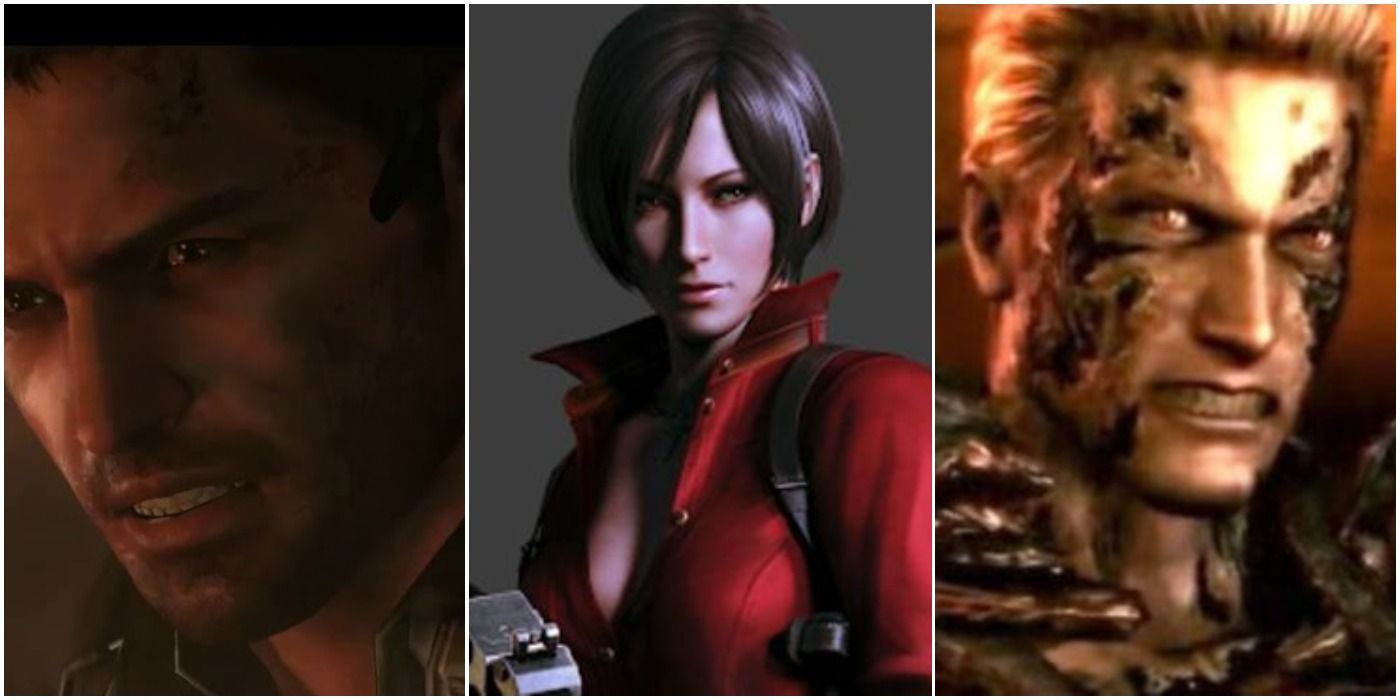
There’s a new Resident Evil game released every few years to bring forward a new story for fans to engage in. With so many titles having been made, it’s only natural that some storylines didn’t connect or were downright bad with not much to redeem them.
RELATED: 5 Reasons Silent Hill Is The Best PS1 Era Game (& 5 Why It's Resident Evil)
Resident Evil Village will hopefully avoid having its name added to the storylines that fans ended up hating. The issue with these stories isn’t just the lack of quality, but also a failure in execution, character arcs that are ultimately meaningless, or stuff that wastes the players' time with lackluster resolutions.
10 Jake Muller Trying To Hide His Identity As Wesker's Son
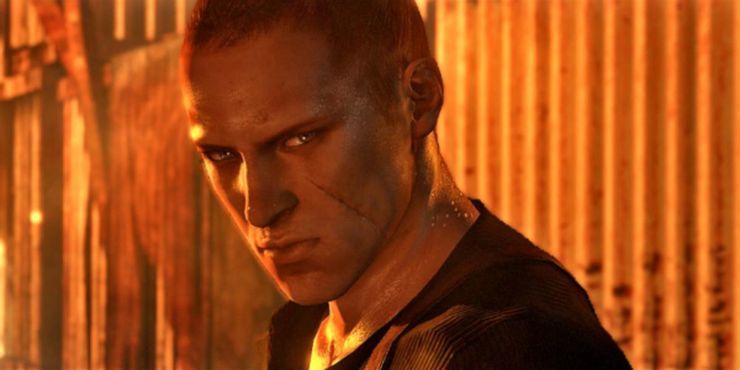
There are several ways the Resident Evil series became worse over the years by the time the sixth game arrived. Here, Albert Wesker’s son Jake was one of the protagonists, with a majority of his storyline concerning his attempts to hide his identity.
The reason why fans didn’t connect with this is due to the letdown of Jake’s characterization. He turned out to be a rather generic protagonist with none of the flair of his father. Jake repeatedly hiding his identity didn’t amount to anything in the end, making it a useless arc.
9 Chris Redfield's PTSD
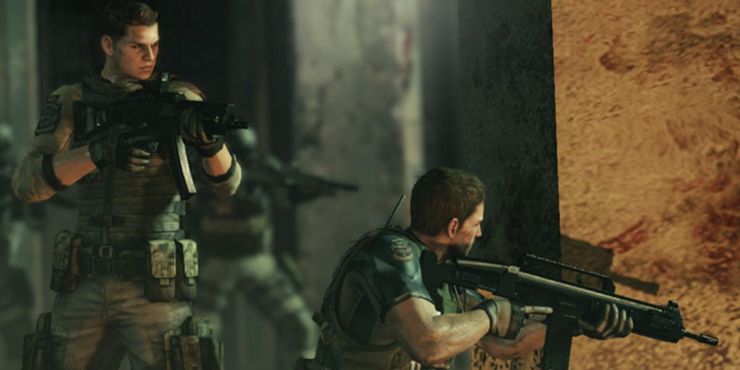
Resident Evil 6 brought Chris Redfield as perhaps the most needless character. His playthrough was easily the worst with an abundance of button-mashing sequences and a plotline about him having traumatic amnesia.
The problem with this story was that it interfered with the other ones, as Chris’ issues would surface and interfere with the main plotline. Not to mention that he’d already seen so much violence before this game, making his sudden PTSD unwarranted.
8 Jill Valentine's Mind Control
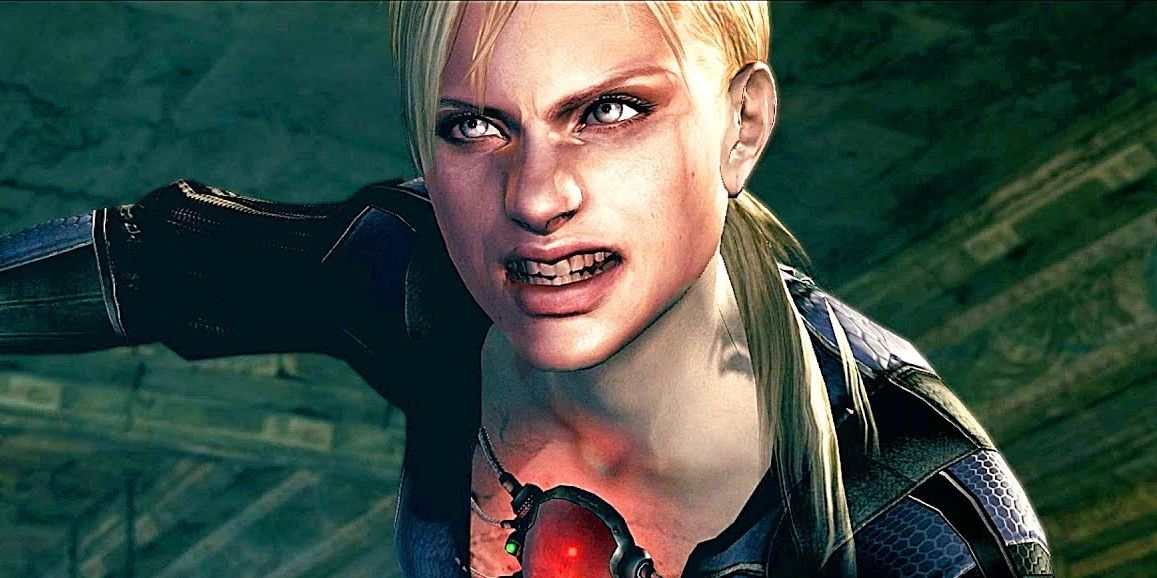
There comes a point when a series seems to have gone too far, with Resident Evil 5’s mind control angle involving Jill Valentine being one of these. Fans had been excited with the prospect of seeing Jill and Chris in action, only for Jill to be left out for most of the campaign and appear as a brainwashed villain.
The story in itself was extremely cheesy, as it’s difficult to buy into angles like this which took way too many liberties. Plus, it was obvious Jill would be cured soon enough, which made this story far too predictable.
7 Ashley's Lack Of Character Development
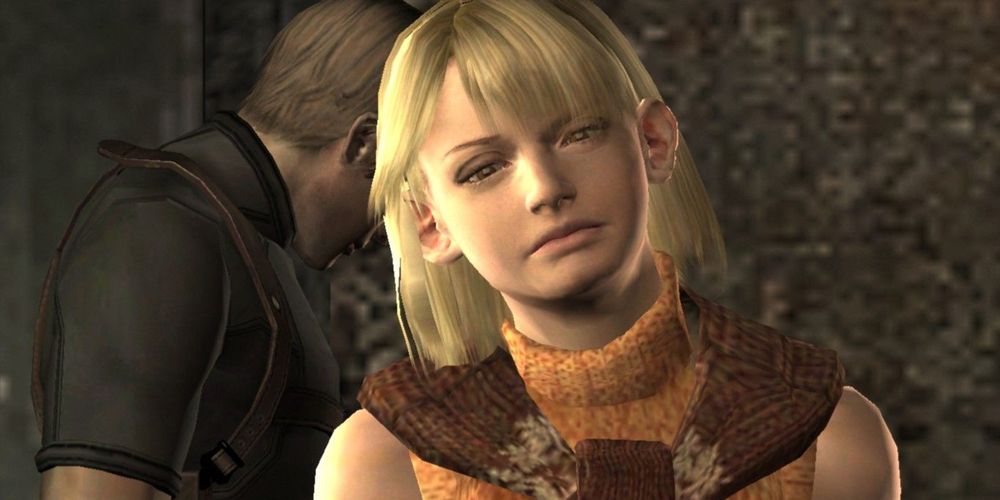
There are certain characters that don’t get much love, with Ashley’s lack of acceptance perhaps being justified. While the story of Leon rescuing her was good, Ashley’s personal arc left more to be desired. It was meant to show her growth as a person, but she ended up remaining the same.
RELATED: Resident Evil 8: 10 Mistakes From The Series "Village" Needs To Avoid
There were flashes of development when she seemed to be braver at some points, only for Ashley to remain a damsel in distress pretty much the whole time. With Resident Evil traditionally providing badass female characters, Ashley’s meek role wasn't well received.
6 The Presence Of Two Ada Wongs
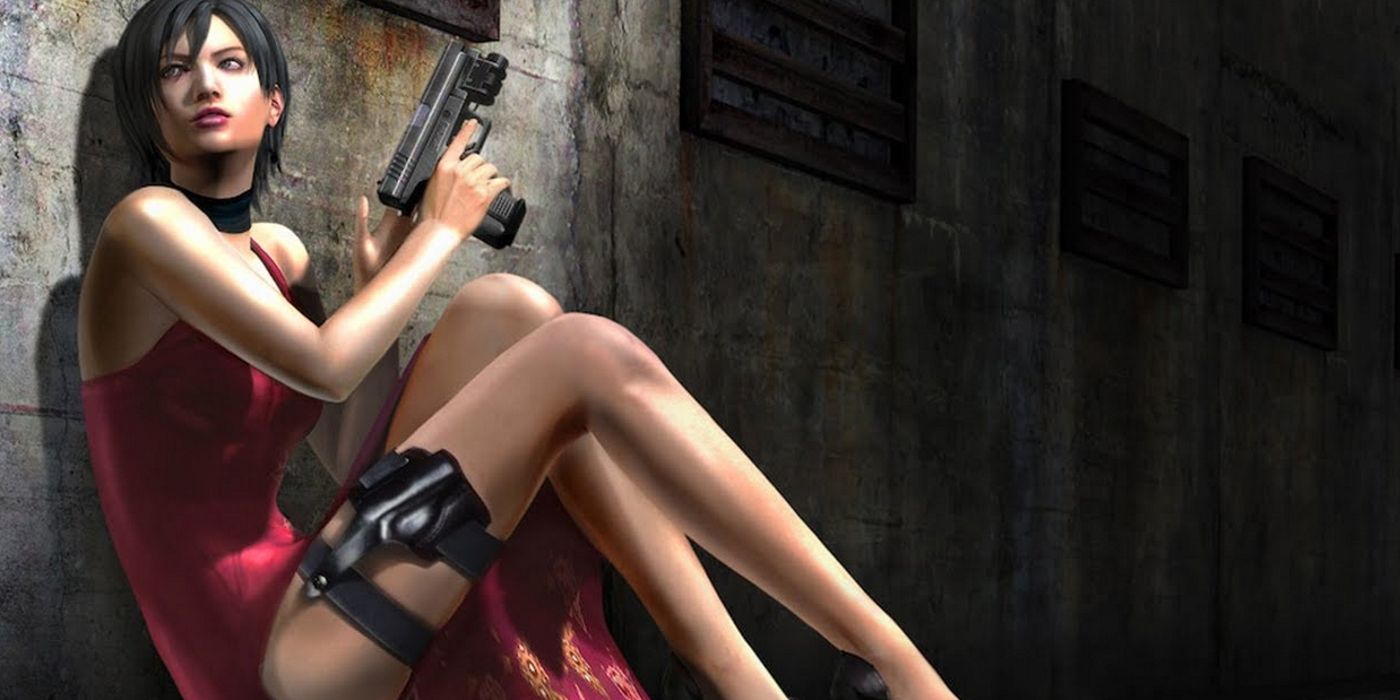
There’s no doubt what fans don’t want to see in the Resident Evil series is a reprisal of the good and evil Ada Wong. Resident Evil 6 featured this story, where it appeared as Ada Wong had become a baddie before it turned out to be a doppelganger of hers named Carla Radames.
The bait-and-switch of this plotline wasn’t executed well, with the real Ada Wong’s role greatly being reduced and the payoff being very simple. There wasn’t really much of an impact in the story’s resolution. Ada's role is meant to be an anti-hero; turning her into a villain doesn't work.
5 Chris Redfield's Identity Crisis
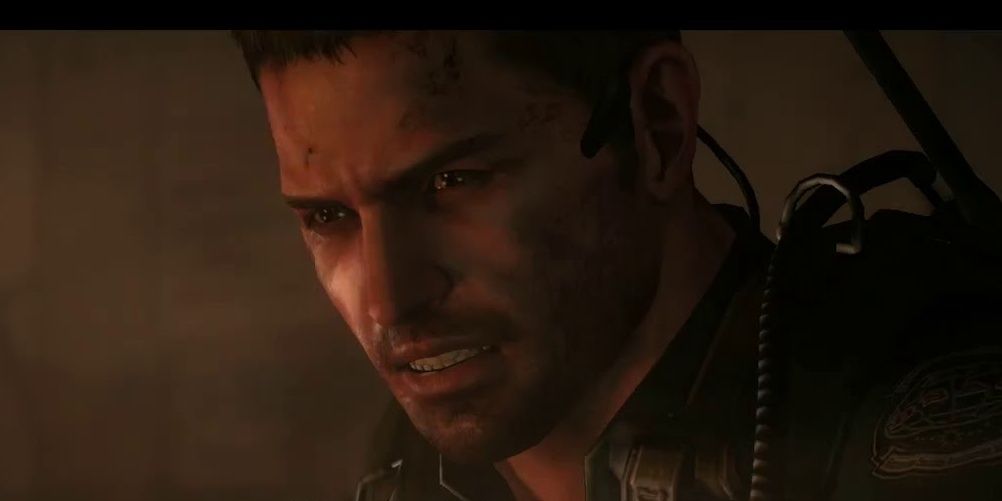
Chris’ overarching plotline in Resident Evil 5 was his inability to reconcile his attempt to fight for good in the world but coming across such villainous people. Considering he had to resort to even more extreme violence in the end, his arc didn’t make much sense.
This became more confusing when he decided in the end that it was indeed worth it, despite just having fought a monstrous Albert Weser who proved just how evil humanity could become. The idea behind the arc was good but the execution didn’t align with the intention.
4 Wesker's Master Plan
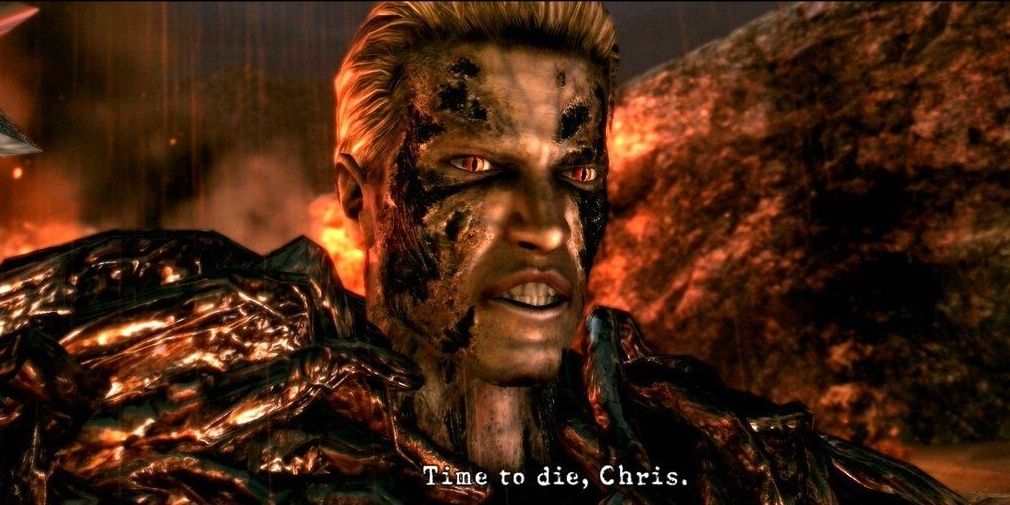
The reason why fans dislike this storyline is due to its origins reaching as far back as the beginning of Resident Evil 4 and culminating in the finale of Resident Evil 5, only for Wesker’s plan to be pretty lame. As it turned out, Wesker wanted to rule over a new breed of mutated humanity while most of the population perished.
How this would have worked out had Wesker been successful is anybody’s guess, seeing as it just doesn't sound like a very appealing idea. The fact that it took two whole games to get to this point retroactively turned the entire storyline into a bad one.
3 Eveline Causing The Baker Family's Mutation
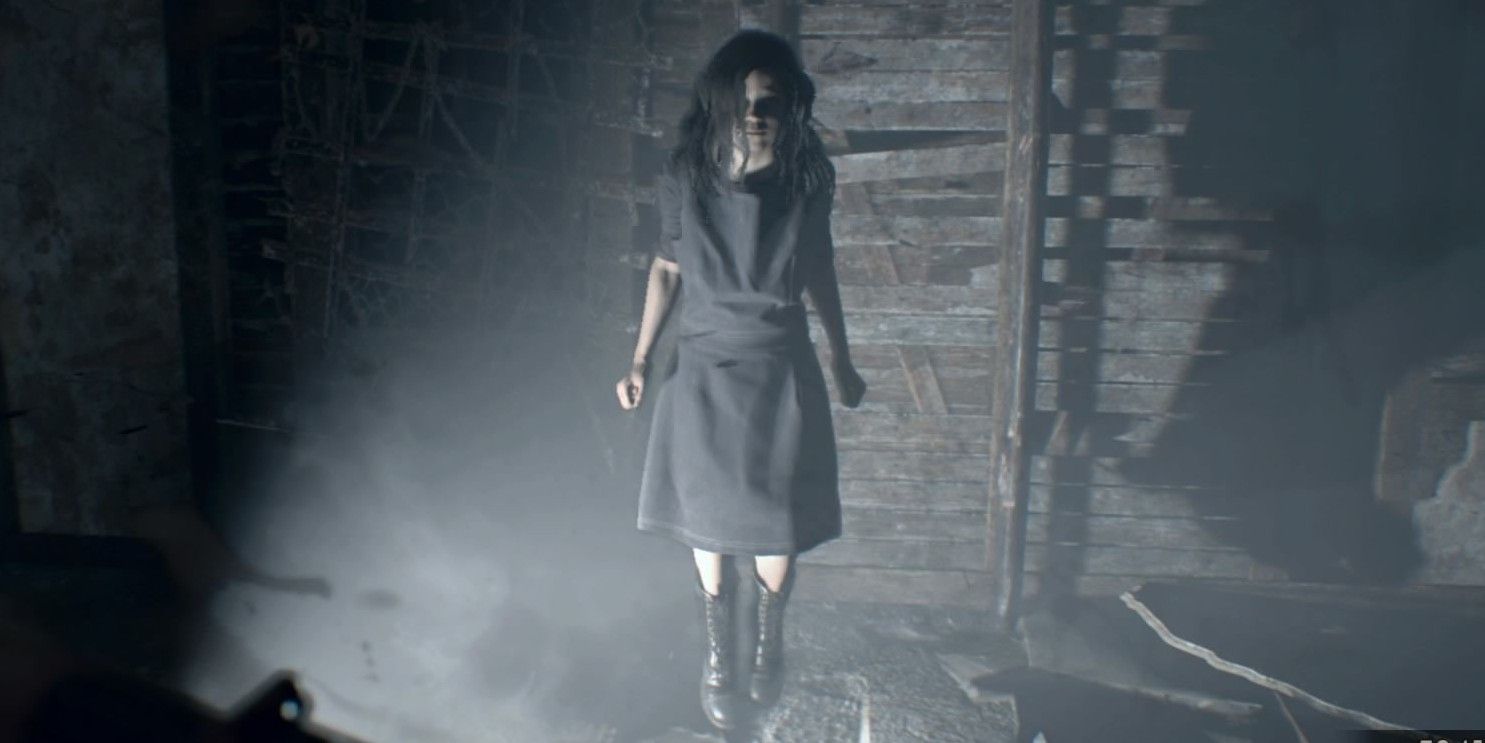
Sure, being a horror series is a key part of the Resident Evil formula. However, the reveal that all the mysterious events that were happening in Resident Evil 7: Biohazard was yet another twist in the played-out formula of bioweapons fell cold in execution.
RELATED: 10 Best Capcom Games, According To Metacritic
It was revealed that Eveline herself was a bioweapons, and she had caused the Bakers to become mutated. After the game teased a real game-changer of a story, having it turn out that it was all a return to the series’ zombie roots meant the twist just didn’t land.
2 The Mystery Of The T-Abyss
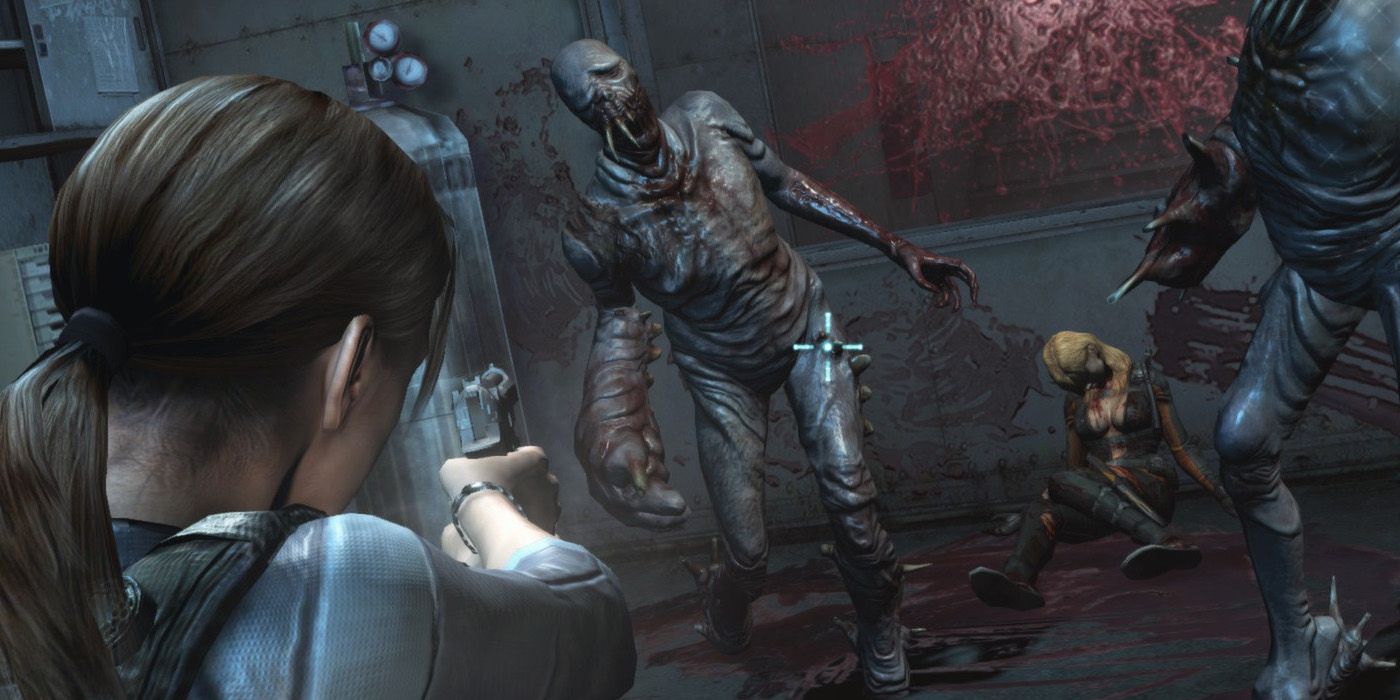
This was a storyline that seemed more out of a movie than a game, with the race to stop the T-Abyss from going global being too much escapism for many gamers’ liking. More than anything else, the reason why it remains disliked is due to the lack of resolution.
Resident Evil: Revelations ended, ironically, without much of a revelation as Vester and Jessica are shown with another sample of the T-Abyss with the implication of sinister consequences. Years later, nothing came out of this as it turned everything about the T-Abyss immaterial.
1 The Whole Plot Of Resident Evil 6
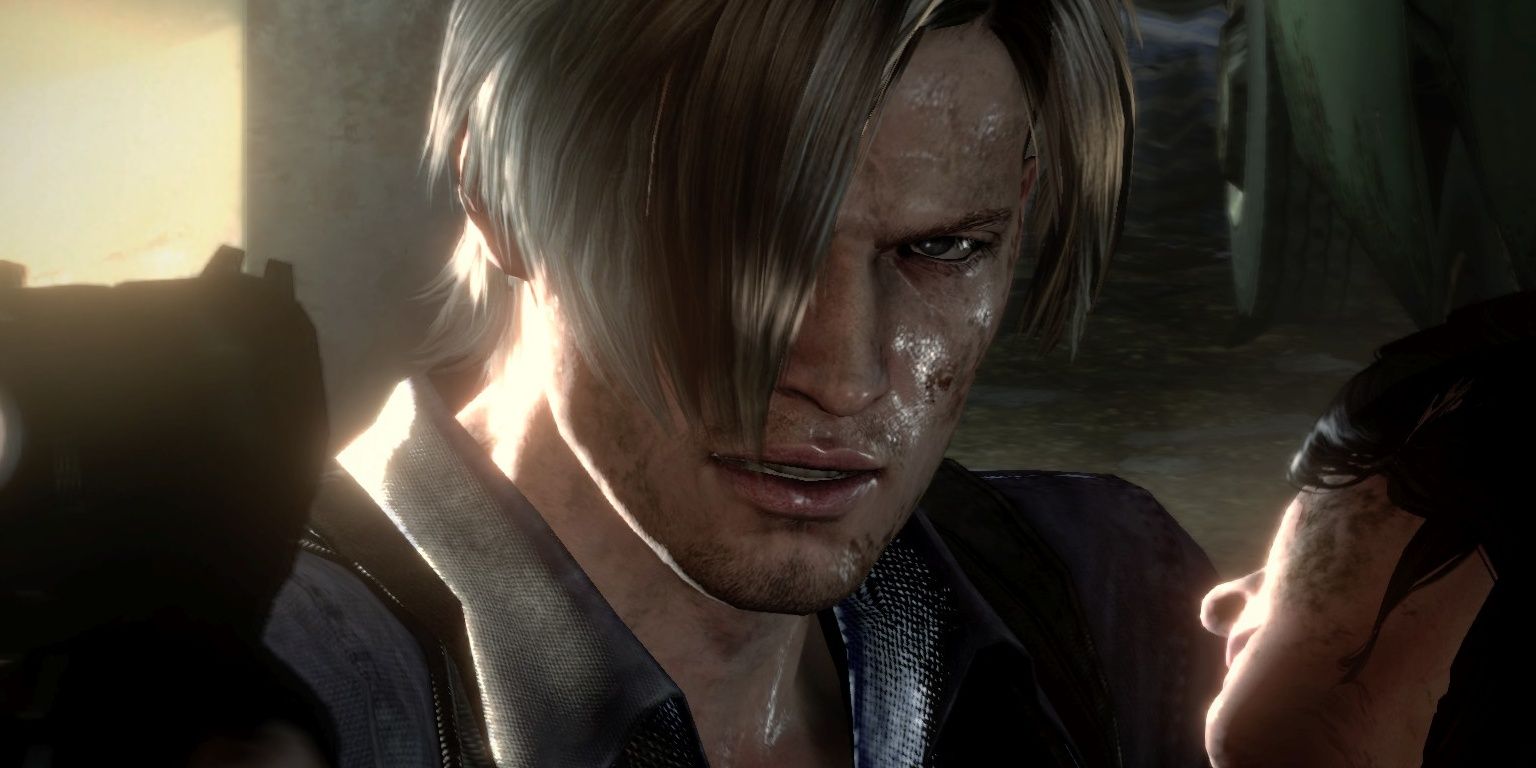
Resident Evil 6 gets a lot of flak for shoehorning almost all the series’ protagonists in one game. Making things worse is how the core storyline was so simplistic. Derek Simmons killed the president in a large-scale bioterrorism attack simply because he wanted to maintain national security.
That pretty much sums up the entire plot, so everything that happened only took place because one guy didn’t agree with the president’s decision. It was a lazy storyline that was chopped up in far too many campaigns.
NEXT: Resident Evil: 5 Video Game Enemies That Are Scarier Than Nemesis (& 5 That Aren't)

